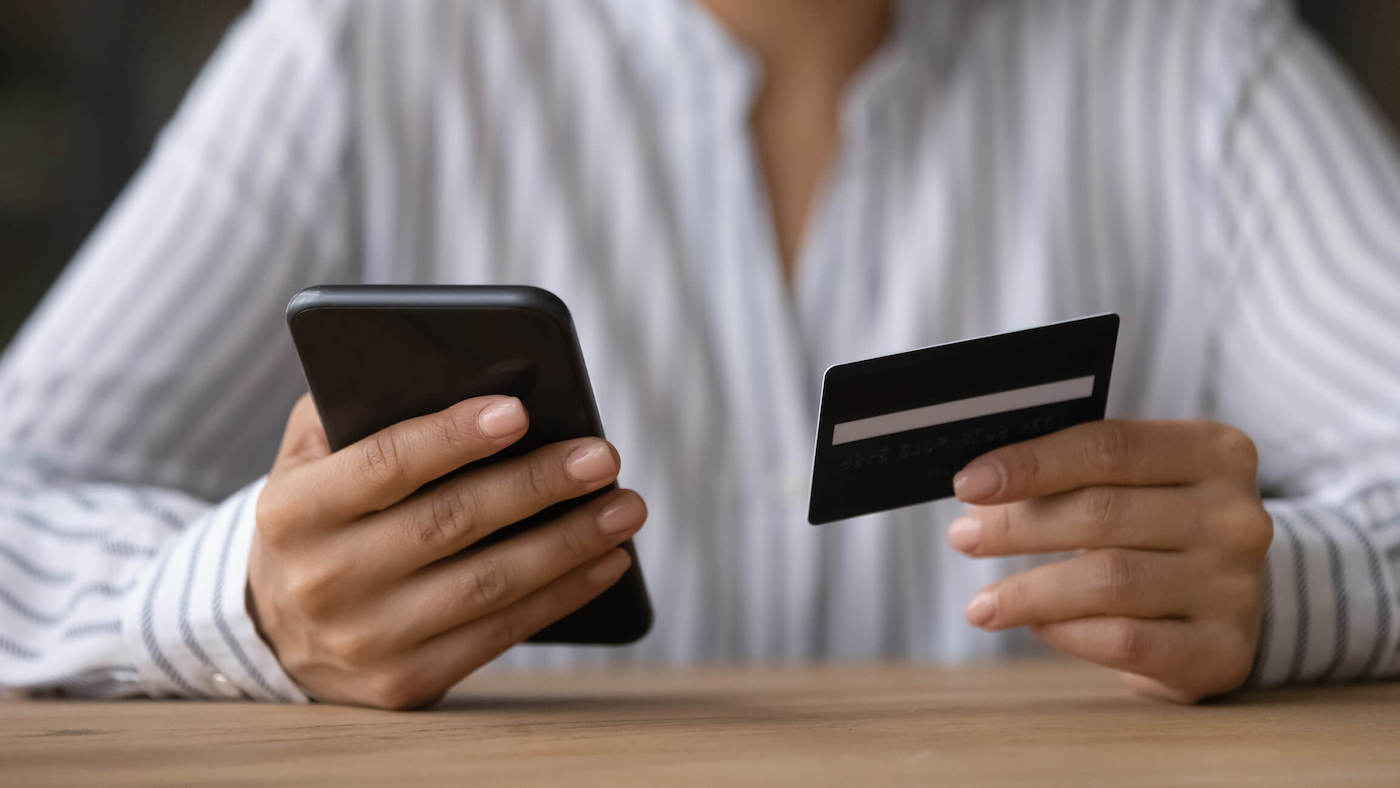Credit card fraud is a form of personal information theft, where criminals make purchases and receive cash advances using your assigned credit card account. This can happen by stealing your physical credit card or account number and PIN through one of your existing accounts, or by opening a new credit card account in your name without your knowledge. Once inside, the thief will charge you and your credit card company and submit an invoice. Credit card issuers are familiar with this tragedy and are constantly developing new ways to prevent fraudulent card using fund recovery services
Report A Suspicious Charge
Contact your bank or card issuer immediately.,If you have a fraudulent claim or suspected claim. If a thief charges your account for an item, you must cancel and redeem your card before you can receive any further transactions. Even if you don’t know if your PIN information was collected, you still need to change your PIN for security.
We are not responsible for fraudulent charges unless your physical credit card is lost or stolen. You can protect yourself from liability for fraudulent debit card charges by reporting immediately after learning about fraudulent debit card charges or as stated on your bank statement.
Record Fradulent Transaction
If you find a fraudulent transaction, call the card issuer’s free customer service number immediately. Follow up in writing. Your monthly billing statement or troubleshooting notice will tell you how and where to report fraudulent billing or billing disputes. If you contact us in writing, be sure to keep a copy for your records. Record the date you make a follow-up call and save this information to a file. Different rules may apply if your card or PIN is lost or stolen.
Complaint An Issue With Your Bank
Debit card issuers should investigate the claim (usually within 10 business days) and respond promptly (usually within 3 business days). Credit cards may take longer, but you don’t have to pay a fee during the investigation. You also have the right to review the findings. The schedule for reporting the loss or theft of a card, PIN, or other access device depends on when the lost or stolen discovery or fraudulent transaction appears on the statement. Therefore, you should report any problems as soon as you find them..
Ignore Account Verification Call
This can be a common scam often referred to as “phishing” to steal account information. Banks and credit unions do not request account information over the phone or email they initiate. If you receive this type of contact, you should immediately call your card provider (using a customer service number obtained from a source other than your first phone call or email) and report it.
Check Your Credit Reports
Check credit reports from all three national credit bureaus (Experian, TransUnion, and Equifax). You can download the report for free from AnnualCreditReport.com. Once you have the report, look for unknown inquiries (credit checks related to new loan applications) and unopened loan or credit card accounts. If you see a dubious entry in your credit report, use your credit report contact information to notify the offending vendor. They can give you more information, initiate an investigation, and eventually notify the credit bureau to delete your account.
Reporting To Law Enforcement
Once you’ve identified yourself as a victim of credit card fraud, it’s a good idea to report the crime to law enforcement. To begin this process, visit the Federal Trade Commission website IdentityTheft.gov. The website then offers the option to submit a personal information theft report. This report will be used by law enforcement agencies for investigation. You can then contact your local law enforcement agency as recommended by your creditor. Not all cases of personal information theft require police involvement, but this helps with theft-related investigations and helps collect stolen goods along with credit cards.
Conclusion
Keep your wallet and wallet safe while you are out and do not leave your credit card unattended. Store unused credit cards in a safe place at home, not carry them with you. Also, do not carry your social security card with you unless you need it. When shopping online, make sure that the website is safe: (Look for “https: //” at the beginning of the website address). Reclaim My Losses helps in your credit card scam recovery. Also Skip the option to save your card number on your website. Credit card number, social security number, or other personal information by phone. Make sure you’re talking to someone you trust or your company about.


